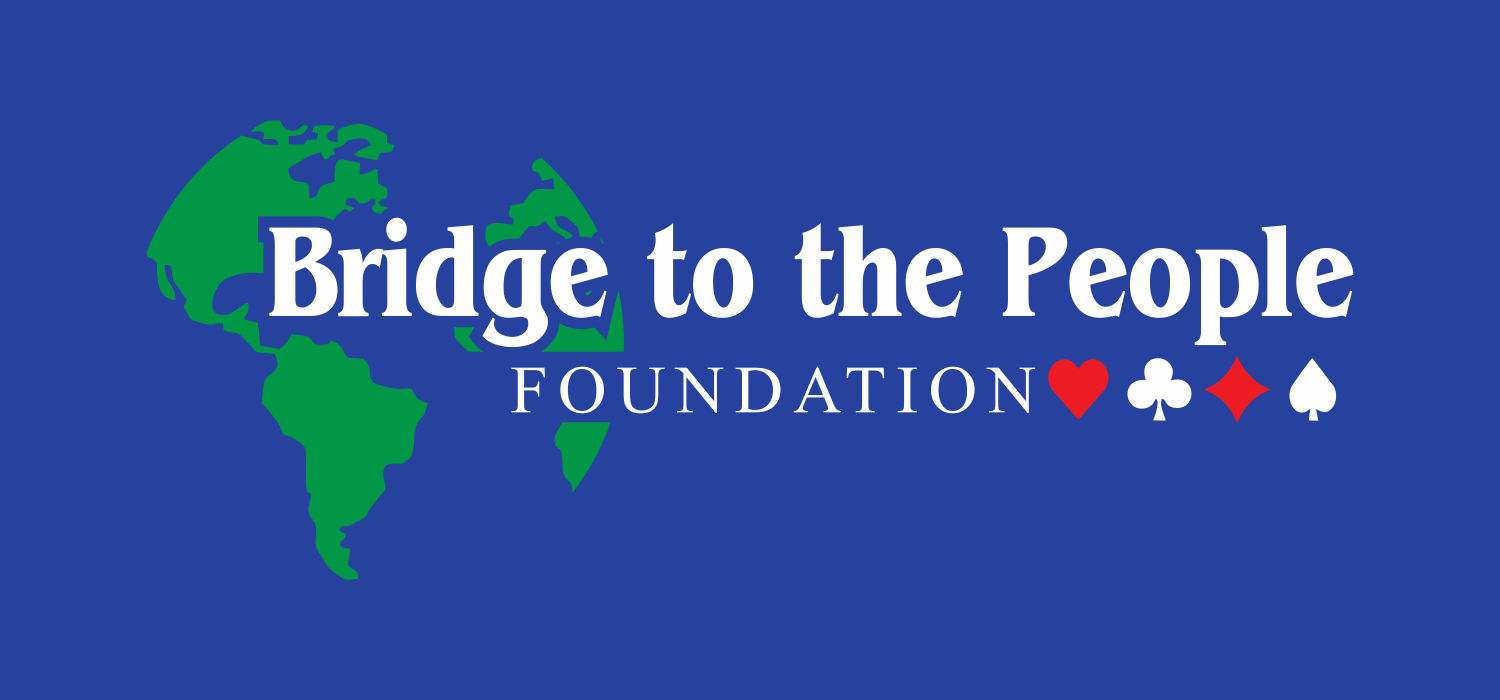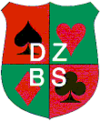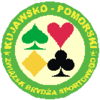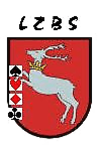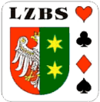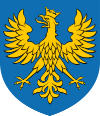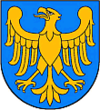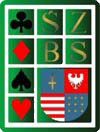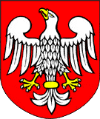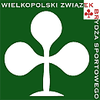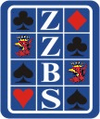[gtranslate]
Sports bridge at the Economic Forum in Karpacz
During this year’s 39th edition of the Economic Forum in Karpacz, a panel on the social and economic role of sport in the modern world was held, with the participation of MP IreneuszRasie, senator WojciechZiemniak, president of the board of PGE NarodowyWłodzimierzDoli and vice-president of PZBS Igor Chalupec. The aim of the panel was to discuss the role of sport not only in terms of improving the health of citizens, but also its educational, social and cultural function.
IreneuszRaś, MEP, discussed the broadly understood activities of the state and local governments in popularising professional and amateur, mass sports (running, racing, the programme for the construction of playing fields, etc.). Interesting fact: the total budget of public sector sport expenditure (government + local governments) since the transformation has already reached 47 billion zlotys. And this amount does not include sponsorship, private expenditure, etc. Senator WojciechZiemniak focused on presenting methods of popularising sport among children and young people. President WłodzimierzDola presented various forms of involvement of the National Stadium’s infrastructure (including sports competitions, events for amateurs, cultural events, health care – COVID hospital, aid for refugees). Those gathered also discussed the dangers of doping and e-sports and agreed that online cannot replace physical culture (including mental sports).
Igor Chalupec, in turn, had the opportunity to present the achievements of Polish professional bridge, but also activities in the social field, including the 60+ Programme and the Sport for All Children programme.
The vice-president of PZBS presented the results of research (conducted, among others, with the participation of Col. Marek Małysa) aimed at verifying the thesis that bridge has a positive impact on older people, their activation and inhibition of senile diseases. Starting in 2019, the Bridge to the People Foundation (founded by eminent specialists in geriatrics, gerontology, psychology, sociology, education, sport and psychology) is carrying out a special research programme worldwide, funded by the World Bridge Federation (WBF), the European Bridge League (EBL), the American Sports Bridge League (ACBL) and many private sponsors. The study included several hundred patients in more than a dozen Alzheimer’s centres in various countries, including Poland.
Analyses were conducted using statistical test methods. One was the MMSE (Mini Mental State Examination), a questionnaire that tests memory and orientation status. The second is the Perma Scale – a method developed by Dr Martin Selingman in the late 1990s, analysing the state of life satisfaction (wellbeing) based on five criteria: positive emotions (“P”), involvement (“E”), quality and intensity of social relations (“R”), self-esteem (“M”) and success, professional or personal achievements (“A”). The third method of analysis was the assessment according to the GDS – Geriatric Depression Scale, used to measure the severity of depressive states, the progression of Alzheimer’s disease or dementia.
In short: the results of the study were unequivocal. Bridge reduces depressive states, stimulates brain function, memory, planning skills, etc. Improvements in the immune system were observed in some patients. The Mini Mental State Examination scores were already 50% better for patients in the bridge group after twenty weeks of therapy. Bridge therapy, which is quite easy and cheap, can bring huge savings (expenditure of health funds on medicines and elderly care) plus beneficial social changes: reduction of exclusion, activation of elderly people, preservation of social and family ties.
The Polish Association of Sports Bridge actively participates in both research and therapy by organising bridge classes, funded by the PZU Foundation and the Ministry of Family and Social Policy as part of the 60+ Programme. We have organised over three hundred clubs providing activities for older people. We also cooperate with Alzheimer’s centres. The scale is, of course, inadequate, and the barrier is a lack of sufficient funding.
However, bridge also has a very positive impact on young people and children. Studies have shown that it teaches teamwork, logical thinking and mathematical skills. In several countries, e.g. the Netherlands or Norway, bridge is a compulsory school subject alongside chess. And in France, bridge classes are held in thousands of schools.
The PZBS has also been cooperating for years with the Ministry of Sport and Tourism as part of the Sport for All Children programme, organising classes to learn and play bridge in many schools in Poland. However, the scale is still small in relation to the possibilities.
To sum up: it is gratifying that this issue came up during the most important economic event in Poland. There was also an opportunity to boast about our achievements, including organisational ones (World Bridge Series Wrocław 2022). MEP IreneuszRaś commented that PZBS is an example of a professionally run sports association, which is not at all the rule in Poland… Our voice was therefore heard and a drop drills the rock. The more we talk about these issues, the greater the chance of supporting socially useful projects.
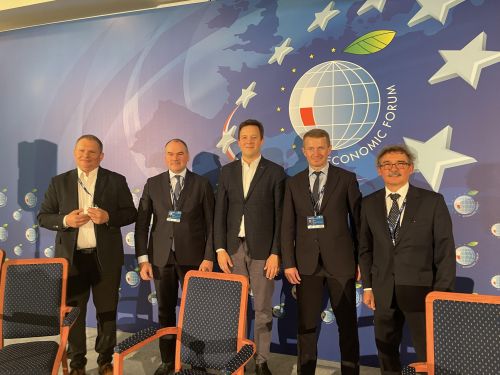
Participants in the panel on the social and economic role of sport in the modern world during the Economic Forum in Karpacz – from left: moderator Jacek Szczęsny, Igor Chalupec, Włodzimierz Dola, Ireneusz Raś and Wojciech Ziemniak

